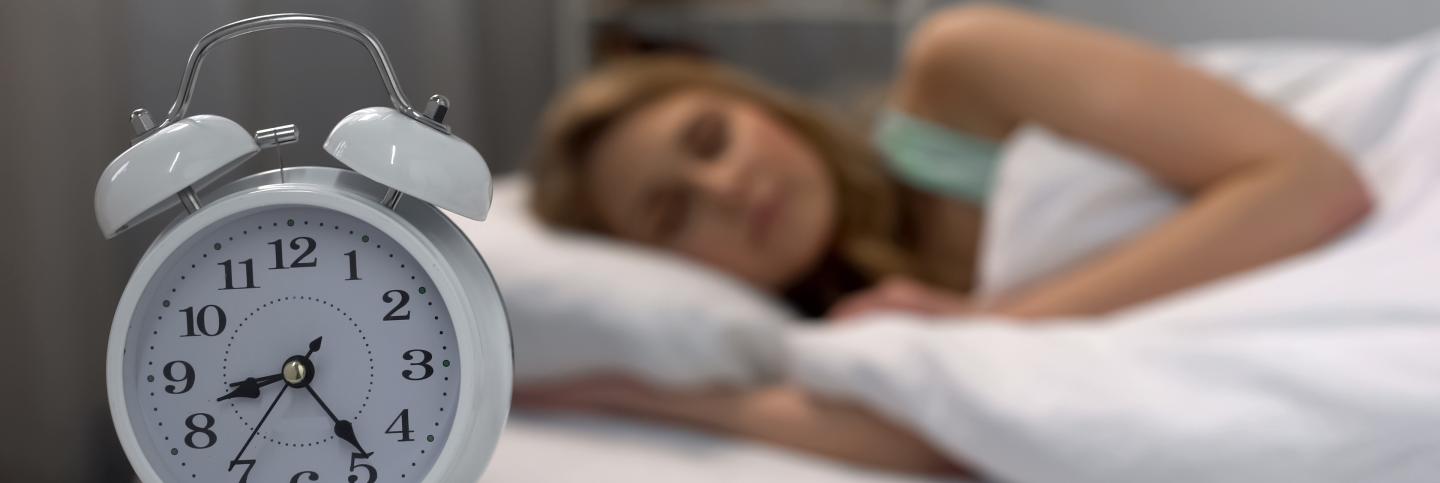Research shows us that quality sleep is essential to your overall good health.
Getting less than 7-9 hours of sleep per night, or sleeping poorly, could negatively impact your health in the following ways:
- Getting sick more often
- Being more likely to have health problems, such as heart disease and diabetes
- Gaining weight without meaning to
- Being more likely to have mental health problems, such as depression and anxiety
- Feeling stressed and irritable
- Being unable to focus on tasks
- Having higher levels of inflammation
What might keep you from sleeping better?
Changing your sleep habits may be a challenge. Here are some of the situations you might come across, and tips on how to overcome them.
Using electronics 90 minutes before bedtime
Many people watch TV, play video games, or scroll through their social media feed to unwind from the day. However, these electronic devices emit a blue light that can stop your body from releasing melatonin, the body’s natural sleep hormone which helps regulate your sleep and wake cycles. Having too little melatonin in your body makes it hard to fall asleep.
Having to nap to meet your sleep needs
Some people may find it hard to get a full night’s sleep due to life circumstances they can’t control, such as shift work, young children, or illness. If that’s true for you, taking a nap during the day may be necessary to meet your sleep needs. Consider these tips to help you get the most out of your nap: nap around the halfway point between waking up and bedtime. For example, if you wake up at 6 a.m. and go to bed at 10 p.m., you should plan to nap around 2 p.m. Napping too late in the day will interfere with your nighttime sleep.
- Keep your naps short - no longer than 30 minutes
- Find a calm and peaceful place to nap
- Make the room as dark as possible by turning off all lights, using blackout shades, or wearing a sleep mask
Different light sources in your bedroom
Light from any source tells your body it’s time to wake and be active. Light can also interfere with your body’s melatonin level and lead to poor sleep. To keep your bedroom dark, try these tips:
- Use blackout shades
- Use a sleep mask
- Turn off or dim digital radios or alarm clocks, or other electronics that emit light. You can use a night light for safety if necessary.
Having caffeine within 10 hours of bedtime
It can be a challenge for some people to stop caffeine earlier in their day. Try these tips to successfully manage your caffeine consumption:
- Take your time – there is no rush
- Try decaf coffee instead of regular coffee
- Try an herbal tea, which is naturally caffeine-free
If you’re used to having a lot of caffeine during the day, you may have to start lowering the amount of caffeinated drinks slowly to avoid withdrawal symptoms like headaches.
Perfection is not the goal.
Be kind to yourself as you begin making these changes. Change can be challenging. If you miss a day or two, shake it off, regroup, and keep going!
